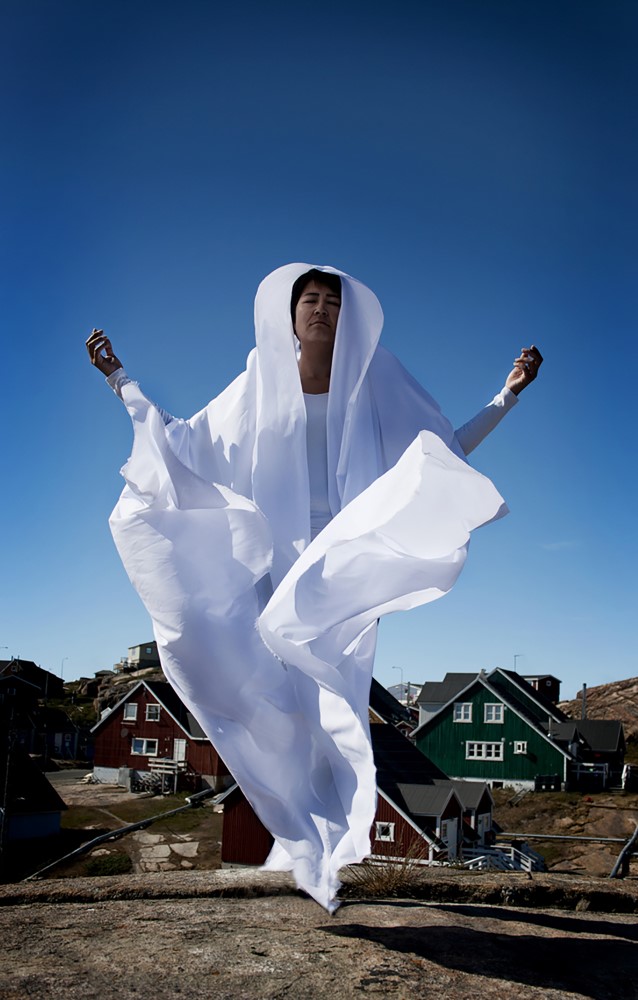
JUKKE ROSING, 2016
The Greenlandic word for health, peqqineq, refers to the fact that something is in its proper place and that there is equilibrium. Many have a holistic understanding of health where values such as restraint, honour, strength, respect and accepting man’s powerlessness to those things that are greater, e.g. Sila (meaning both weather, knowledge and consciousness) and Pinngortitaq (nature), play a central role.
Genetics, biology, living conditions, education, housing conditions and income are well-known factors that are obviously also important to health in Greenland. However, it is equally important to look at health from a broader perspective to ensure a culturally relevant view of citizen health. Peqqineq also refers to communities, family, environment and experiences. The concept of health is thus different from the typical Western view of health where we talk more about ‘health’ versus ‘disease’. If the healthy choice is to make sense to the individual, it is crucial that the understanding of health reflects the values and strengths of citizens. In the Greenlandic view of health, emphasis is placed on being well as a whole human being, meaning that balance must be ensured in body, soul and spirit. In recent years, health research in Greenland has become more aware of the link between physical and mental health, while spiritual health is not being addressed to the same extent. Spiritual health is described by older citizens as being part of their faith in God, but also the spirit as part of an act, a way of being or thinking that can characterise or describe persons or communities.
Pinngortitaq (nature) is described by many as a kind of epicentre of their lives. Nature is where you get your food through hunting, and where you prepare your catch. Nature is also where many find strength, peace and renewed energy. Summer is the season for collecting stocks for the long winter. Love, acceptance and respect of nature is considered one of the healthiest traits a human being can have.
Culture and language are essential to health, and speaking in one’s own mother tongue is of great importance to man’s wellbeing and ability to formulate both symptoms of illness and well-being. Language is decisive to the way people in Greenland perceive health and disease.
Family, relationships and community are central values of health; close family ties can be an emotional safeguard against depression, and the family as well as close relationships constitute a strength in society and a resource for the individual citizen. It is therefore also essential to consider the whole family when developing preventive and health-promoting measures. Local values and strengths can differ from town to town, from town to settlement and from settlement to settlement. Local values can be linked to recurring events in a town or a settlement that foster a sense of community and a common spirit among the citizens. Values and strengths can also be about the surrounding nature of a place and the local hunting and activity opportunities.
Kalaalimerngit (Greenlandic diet) is, if you ask the citizens, more than energy and vitamins. Nature and the Greenlandic diet are closely linked. Eating kalaalimerngit is considered by many to be a healthy choice, despite warnings about the content of pollutants among certain marine mammals. The Greenlandic diet is associated with many emotions and contributes to an experience of common identity because it often gives pleasure to enjoy and share the food with others.
Further reading
- Association activities and volunteering
- Education
- Housing
- Hunting and subsistence economy
- Industry and labour market
- Infrastructure
- Inuit way of life
- Language
- Plans in Greenland
- Population and demographics
Read more about Society and business in Greenland
